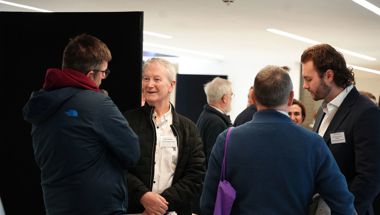
Insights from mentees
The mentoring scheme offers researchers at every career stage a unique opportunity to receive support in personal development and in building the skills needed for a successful career in research.
Below are some examples of how researchers who are participating in the scheme have grown both personally and professionally through their mentoring partnerships.
Career planning
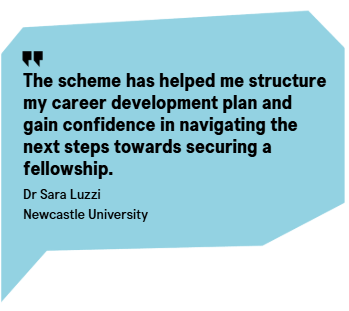
Navigating the academic career path can be challenging. One of the most effective ways to gain insight is to learn from those who are further along in their professional journey.
A mentor can provide guidance on everything from refining CVs to navigating the next stage of a career, such as transitioning from a PhD to post-doc, establishing research independence or progressing into a leadership position.
Achieving work-life balance
A career in research can be busy and demanding, with many different responsibilities (for example, experiments, teaching, attending conferences, and commitments outside of work) all often competing for your attention.
It can be challenging to balance everything, and getting advice from those who have navigated similar challenges can be incredibly helpful.
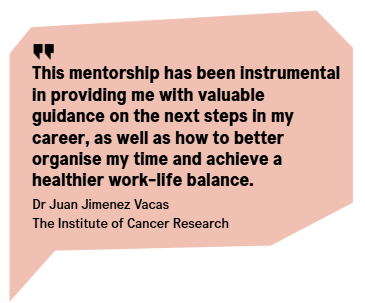
Fostering collaborations
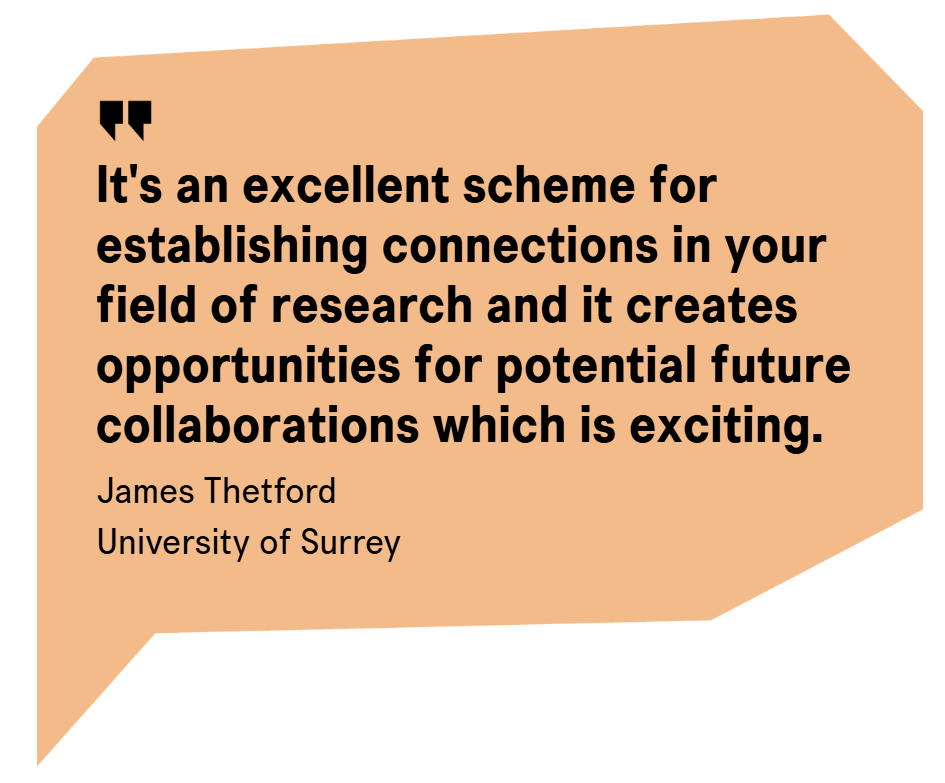
Collaboration is central to a successful research career, whether it’s to learn new laboratory techniques or gain insights in areas outside of your expertise.
Yet, it’s not always easy to know the best approach to building these relationships. Mentors can provide advice on how to establish and maintain productive research networks.
Applying for funding
Writing funding applications is complex, and guidance from a mentor with experience in successfully securing grants can be invaluable. This guidance may range from tips for improving proposals to support in identifying the most relevant funding opportunities for your career stage.
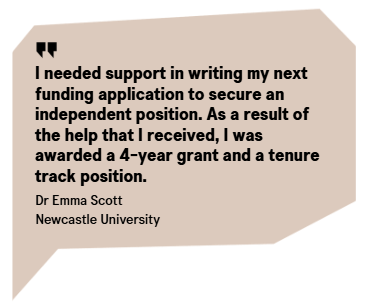
These examples highlight just a few areas of personal development that the mentoring scheme has supported researchers with so far. However, the scheme is designed to be flexible and adapt to the individual needs of each researcher, so mentees are encouraged to bring their own unique development goals to the partnership.
If you're a researcher who's interested in supporting other researchers in their personal development, why not consider signing up as a mentor?
Sign up as a mentor, mentee, or both on the mentoring scheme webpage.

